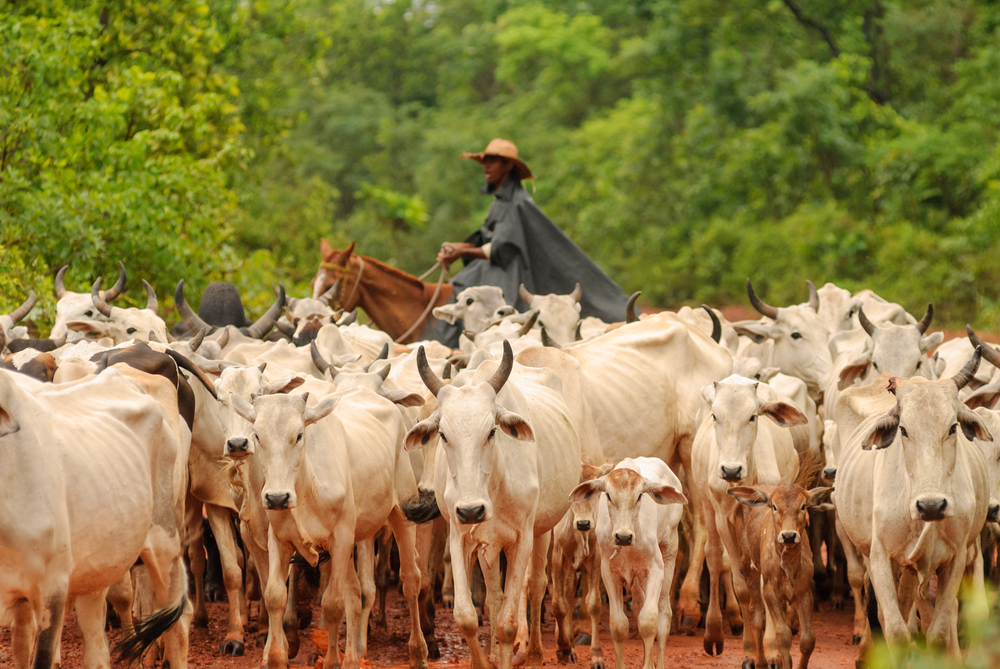Brazil could quickly reduce its Amazon deforestation rate by 50 to 60 percent this year and go even further, providing the country’s National Development Bank (BNDES) wants to play ball. That is the view of Paulo Barreto, senior investigator at Amazon conservation nonprofit Imazon.
Speaking at a webinar on Tuesday hosted by global environmental organization Mighty Earth and Amazon-based journalism platform Sumaúma, Mr. Barreto highlighted the BNDES’s unique position in the fight against deforestation: not only does the development bank manage the multi-billion real Amazon Fund, but it is also a major shareholder in JBS, the world’s largest meat processing company and a major deforestation culprit.
The corporation is responsible for clearing about 100,000 hectares of vegetation in the Amazon and Cerrado biomes between 2019 and 2021.
A report by Chain Reaction Research, a think tank that conducts research related to deforestation and commodities, corroborates Imazon’s findings. CCR claims JBS’s supply chain includes — directly and indirectly — farms that may have deforested at least 1.7 million hectares of native vegetation in the Amazon and the savanna-like Cerrado biome between 2008 and 2020.
The BNDES owns nearly 21 percent of JBS, with equity valued at more than BRL 11.6 billion (USD 2.28 billion). “The bank is facing an open goal to address deforestation,” Mr. Barreto tells The Brazilian Report.

In addition, Brazil’s development bank was a major factor in the expansion of the country’s beef sector, offering subsidized loans to meat processing companies. Between 2003 and 2017, JBS’s parent company, J&F Investimentos, received the equivalent of BRL 31.2 billion in loans and investments from the BNDES, when adjusted for inflation.
In 2009, the BNDES announced stricter requirements for beef companies to receive the bank’s support, namely the implementation of full traceability of supply chains to ensure that illegal deforestation is not involved in...

 Search
Search






































